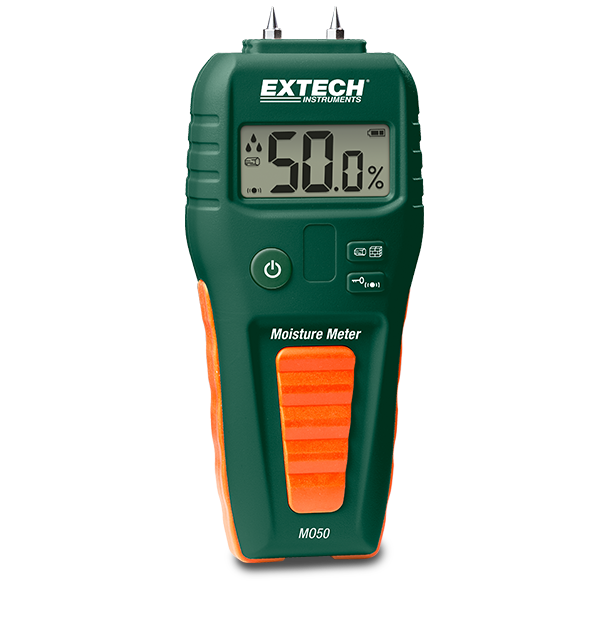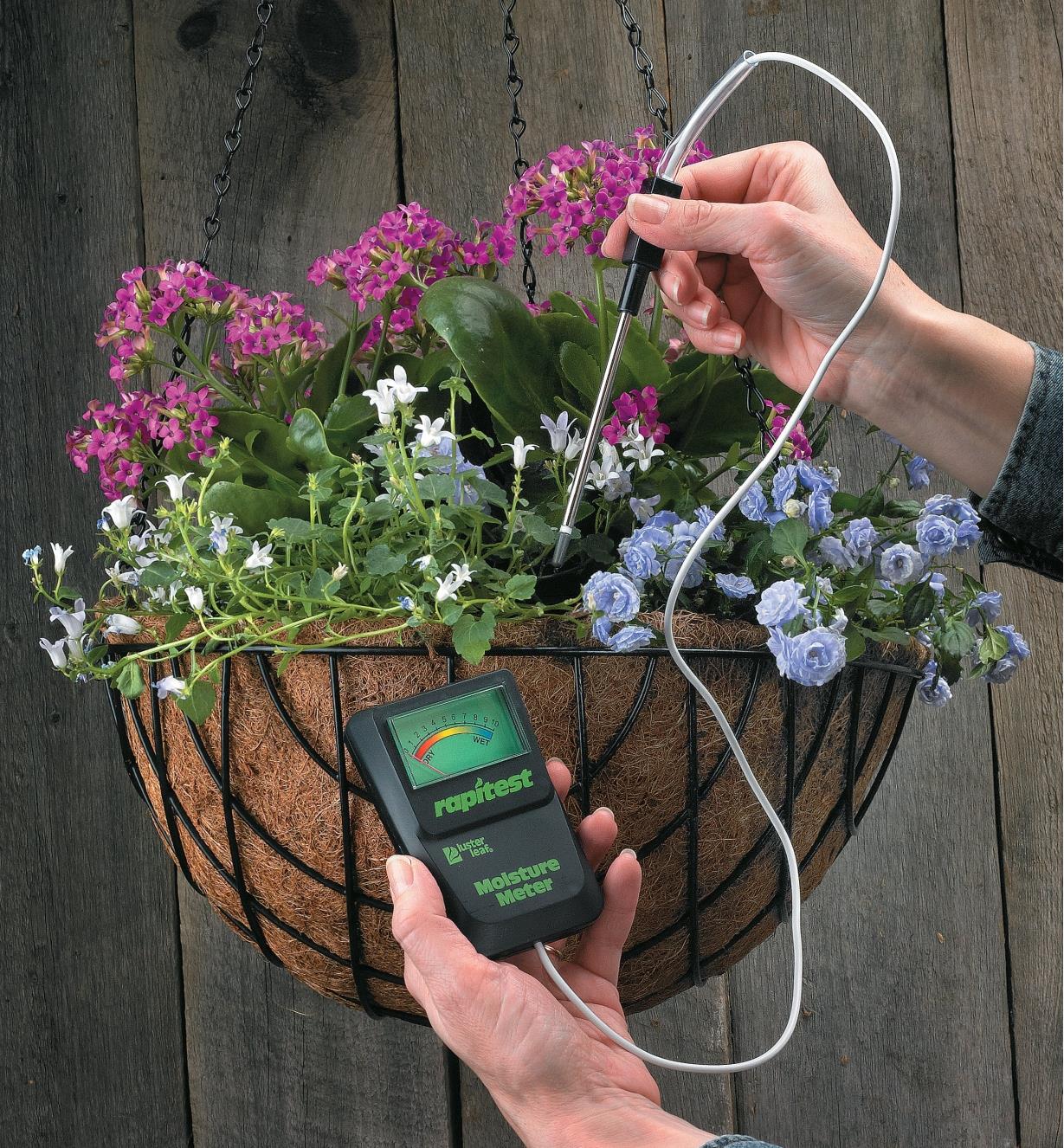The Ultimate Overview to Selecting the Right Moisture Meter for Your Demands
The Ultimate Overview to Selecting the Right Moisture Meter for Your Demands
Blog Article
The Ultimate Overview to Moisture Meters: A Comprehensive Introduction and Exactly How They Can Save You Cash
In the realm of building upkeep, construction, and various markets, the relevance of accurately measuring moisture degrees can not be overemphasized. Wetness meters offer as indispensable devices in finding and keeping track of moisture content in materials, helping in protecting against costly damages and ensuring the quality of products. Comprehending the nuances of different types of dampness meters, their applications, and the potential cost-saving advantages they use can be a game-changer for businesses and professionals alike. Finding how these tools can not just enhance processes but likewise add to monetary cost savings is a trip worth starting.
Kinds Of Moisture Meters
One typical kind is the pin-type dampness meter, which gauges the electrical resistance between two pins placed right into a product. Pinless moisture meters, on the various other hand, use electromagnetic sensing unit plates to scan a larger area without triggering damages to the material's surface.
Infrared wetness meters measure the thermal homes of a product to establish its moisture content non-invasively, making them useful for applications where pin or pinless meters might not be suitable. Recognizing the various types of moisture meters readily available can assist sectors choose the most appropriate device for their details dampness measurement needs.

Benefits of Making Use Of Moisture Meters

Moreover, making use of wetness meters can lead to enhanced energy efficiency. By recognizing areas with high wetness levels, such as leakages or inadequate insulation, modifications can be made to improve power conservation and minimize utility expenses. In farming setups, moisture meters play an essential role in enhancing plant returns by making it possible for farmers to keep track of dirt dampness degrees and make notified irrigation choices. Overall, the advantages of making use of dampness meters extend throughout numerous sectors, supplying economical options and promoting much better quality assurance practices.
Exactly How to Choose the Right Moisture Meter
Choosing the proper dampness meter involves considering key variables such as product compatibility, measurement array, and calibration precision. When picking a dampness meter, it's necessary to ensure that the meter appropriates for the certain material you will certainly be testing. Various products have varying electrical buildings that can influence wetness analyses, so selecting a meter made for your material is essential for precise outcomes. Furthermore, think about the dimension variety of the wetness meter. Make sure that the meter can identify moisture levels within the array required for your applications. Calibration accuracy is one more essential element to keep in mind (Moisture Meter). Go with a wetness meter with trusted calibration to make sure regular and exact readings. Some meters may call for periodic calibration adjustments, so recognizing the calibration process is very important. By very carefully assessing these aspects, you can pick a moisture meter that meets your demands and gives accurate moisture measurements for your jobs.
Appropriate Strategies for Moisture Meter Usage
To make sure exact wetness analyses and maximize the effectiveness of a moisture meter, utilizing proper methods is essential. When making check this use of a pin-type wetness meter, insert the pins or probes into the product being tested until they make complete get in touch with. Guarantee the pins are vertical to the surface area to get the most precise reading. For pinless moisture meters, hold the tool level against the material and relocate gradually to cover the entire location for a typical reading. It's crucial to calibrate the dampness meter according to the material being tested to boost precision. Take multiple readings throughout the surface area and average them out for a more reliable outcome. Additionally, make certain that the material being examined is accommodated to the atmosphere to avoid manipulated readings. Routine maintenance of the dampness meter, such as cleaning up the pins or sensor, is additionally vital to guarantee regular and exact readings. By complying with these correct methods, customers can rely upon their moisture meter to give reliable dampness degrees, assisting in preventing expensive damages or guaranteeing high quality in various applications.

Cost Savings With Moisture Meter Applications
Exactly how can the strategic usage of dampness meters lead to substantial cost financial savings across various industries? In the agriculture industry, moisture meters help in establishing the optimum time for gathering plants, avoiding over-drying or excess moisture that can influence the final item's quality.

Moreover, in the food processing market, wetness meters are important for monitoring item top quality and guaranteeing conformity with safety laws. By properly determining moisture material in food, producers can avoid wasting, preserve freshness, and decrease waste, causing considerable expense savings. Overall, the critical application of moisture meters is a useful investment that can cause considerable cost reductions and improved performance across various markets.
Verdict
In verdict, wetness meters are valuable devices for gauging and discovering wetness levels in different materials. By review using the ideal dampness meter and complying with appropriate techniques, customers can effectively prevent pricey damages created by excess dampness.
Wetness meters offer as crucial devices in identifying and keeping track of moisture content in products, helping in protecting against costly problems and making certain the high quality of products. Infrared moisture meters gauge the thermal residential or commercial properties of a product to determine its moisture content non-invasively, making them helpful for applications where pin or pinless meters may not be ideal.Dampness meters supply vital advantages in precisely examining and keeping an eye on dampness degrees in varied materials and settings. In farming settings, moisture meters play an important role in enhancing plant returns by making it possible for farmers to keep an eye on dirt moisture degrees and make informed watering choices.In final thought, moisture meters are important tools for measuring and spotting wetness degrees in numerous materials.
Report this page